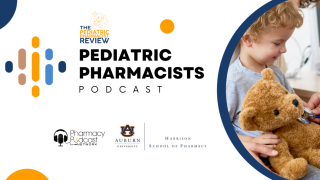Containing Omicron Outbreaks Requires Ten Day Quarantine

The U.S. CDC recently published a Research Letter that determined the optimal quarantine duration after a person is exposed to the SARS-CoV-2 virus variant known as Omicron.
These researchers with South Korea’s CDC evaluated the time from exposure to diagnosis for 107 close contacts of Omicron patients.
They found the average time from exposure to diagnosis was 3.7 days.
Furthermore, 70% of diagnoses were made on day 5 and 99.1% by day 10, suggesting a 10-day quarantine protocol is appropriate.
This is an important finding since South Korea is actively confronting a COVID-19 outbreak.
The South Korea Herald reported 309,790 new COVID-19 infections today, the majority of which came from local transmissions, putting the total caseload at 6,866,222.
The Korea Disease Control and Prevention Agency website confirmed this increase in COVID-19 cases on March 14, 2022.
Given that this new study population was from two distinctive South Korean clusters, incubation periods may differ according to illness characteristics in the index case-patients, which may affect study results.
Despite these limitations, they were able to quantify the time from exposure to diagnosis and estimate the optimal duration of quarantine for persons exposed to Omicron.
Published by the Emerging Infectious Diseases early-release, Volume 28, Number 4—April 2022, the researchers wrote, ‘To mitigate the spread of highly contagious pathogens, the most effective public health measures are isolation and quarantine; however, these measures inevitably lead to personal and socioeconomic costs, necessitating evidence-based guidance from policymakers.’
And to alert international travelers of their health risks, the CDC issued a Level 4: Very High Level of COVID-19 in South Korea notice on February 17, 2022.
‘If you must travel to South Korea, make sure you are vaccinated and updated with your COVID-19 vaccines before travel,’ says the CDC.
Notes: The opinions expressed by authors contributing to this journal do not necessarily reflect the opinions of the Korea Disease Control and Prevention Agency or the institutions with which the authors are affiliated. No industry conflicts of interest were disclosed.
And this news article edited the release for clarity and curated it for mobile readers.
PrecisionVaccinations publishes fact-checked research-based news.
Our Trust Standards: Medical Advisory Committee
























